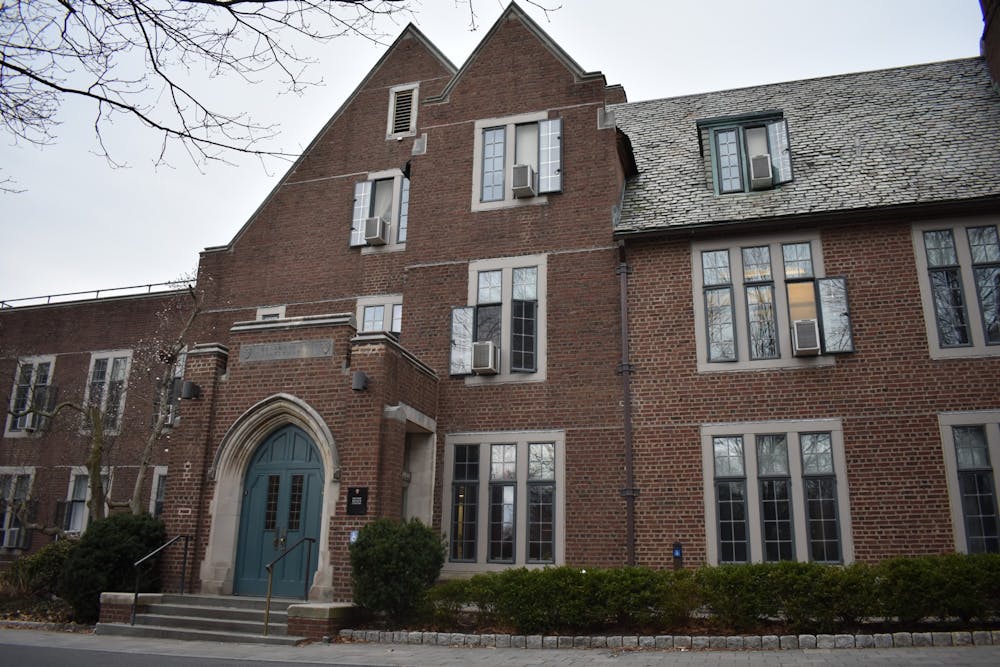During these times, it is vital to take care of both your physical and mental health. According to the Undergraduate Student Government COVID-19 Student Input Survey report, 69.1 percent of respondents rated their mental health as “somewhat worse” or “significantly worse” in comparison to before the semester became remote. In this virtual semester, isolation from friends, difficult living environments, or stress from current events can exacerbate these problems.
We are writing in response to Sajiwan Naicker’s op-ed, “Counseling and Psychological Services must do more.” While we applaud Naicker for highlighting the importance of greater transparency and ease of use of mental health resources, his article perpetuates inaccuracies about the resources that are currently available. In the earlier USG survey, only 180 respondents stated they had used CPS telehealth services in the second half of the semester. It is possible that many students — like Naicker — were not aware of the full extent of CPS resources. Through outlining what adaptations CPS has made as a response to the University’s move to virtual learning, we hope this piece will serve to inform students about what CPS offers and encourage greater participation.
Naicker suggests that CPS “extend their help” by offering counseling services through “video conferencing” for this virtual semester when CPS has already done so. As is apparent upon entering the Counseling and Psychological Services (CPS) webpage, “all CPS visits will be conducted remotely via telehealth session” is in bold font as the first announcement.
Telehealth is the remote distribution of health services — all CPS appointments now occur over Zoom. Since move-out in mid-March, CPS counselors have taken additional steps to accommodate students across state lines by extending their licensing. If their home state does not allow out-of-state therapy, CPS guides students toward finding suitable in-state counselors who are accessible with the student’s health insurance. Through at least Nov. 30, these appointments will be fully covered for anyone on the Student Health Plan (SHP).
Naicker also implies off-campus therapy can be prohibitive due to cost. We agree that mental health resources should be accessible and affordable for all students. Aetna agrees, as until Nov. 30 (with an extension in discussion), all off-campus appointments will be fully covered by the SHP, with no additional cost to students.
Prior to COVID-19, off-campus appointments cost $10–20 out of pocket per visit for many local providers. For students who need aid in covering these costs, the University Health Services Special Needs Fund and other funds are available to them.
On campus, CPS regularly offered drop-in hours and group sessions. These have been adapted to an online format via Zoom. Recent sessions have included Listening Circles focused on the news of the virtual fall semester, gender-affirming healthcare, and group therapy sessions about managing grief and loss during COVID-19.
Especially during this pandemic, we urge all students to take advantage of the resources that CPS has extended during this time — remote services through telehealth, full coverage of off-campus appointments, and drop-in hours with their outreach counselors.

We agree that more should be done to help students who have long-term mental health concerns to find care off-campus, especially when it comes to navigating insurance and funding, and that general awareness of the resources available through CPS needs to improve. However, we are concerned Naicker’s op-ed creates misunderstandings about existing resources that could deter students from seeking help in a time when doing so is critical.
If you need detailed steps on setting up an appointment, the USG Mental Health Task Force — in partnership with Letters to Strangers — created a Mental Health Guidebook in March 2020 that details how to navigate CPS, introduces non-medical resources, and explains how to access funding for long-term care.
The USG Mental Health Task Force was created in 2019 with the goals of helping students to navigate mental health resources at Princeton and advocating for increased access to off-campus care. Plans for the year ahead include bringing information about remote resources to students and facilitating community-building during this unusual semester. Our main priority is to raise student concerns to CPS. If you have any concerns, questions, or avenues for the Task Force to pursue, please reach out to us and we will advocate for you to the best of our ability.
Allen Liu and Sarah Lee are USG U-Councilors and members of the USG Mental Health Taskforce. They can be reached at afliu@princeton.edu and sarahlee@princeton.edu.









